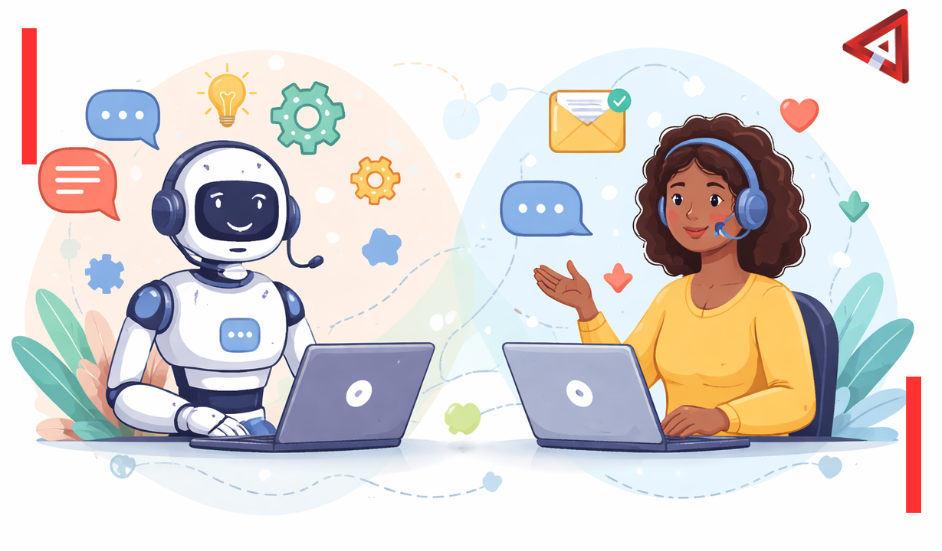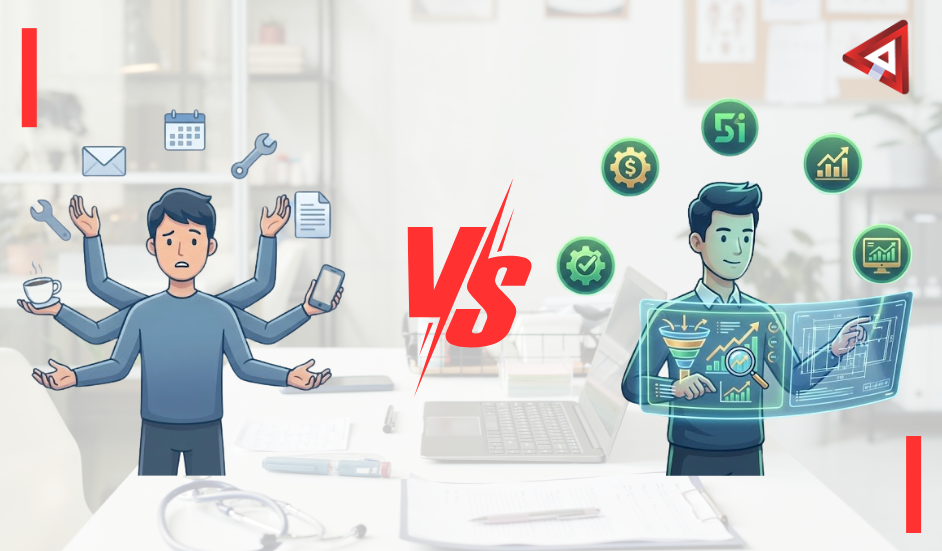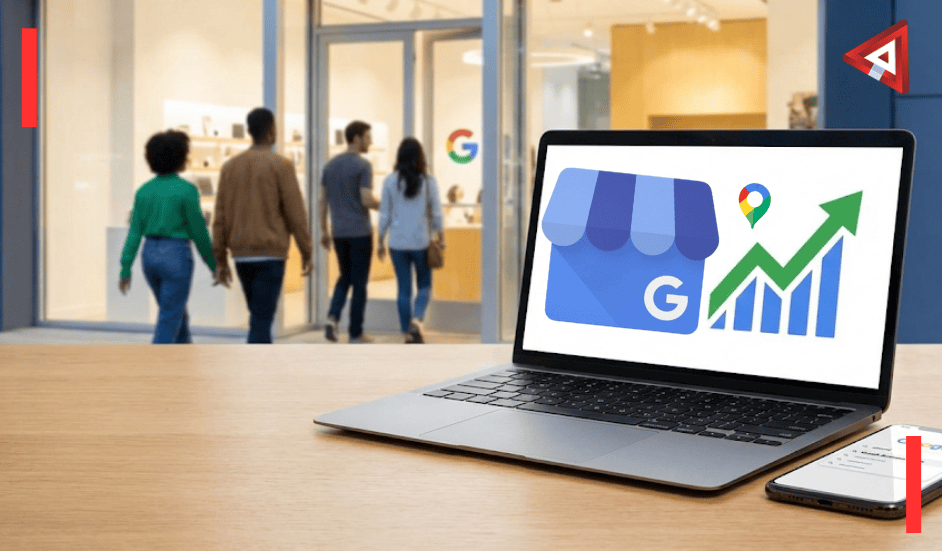Running a business, whether big or small, comes with one constant: there’s always more to do than time to do it. That’s why many entrepreneurs, startups, and even busy professionals turn to Virtual Assistants (VAs) for help.
A VA can save you hours each week, reduce your stress, and help you focus on what actually needs your attention. But before moving forward, there’s one thing to figure out:
Should you hire a freelance VA or go through a VA agency?
They both come with benefits and challenges, and the right choice depends on what kind of support you need, your working style, and how much time or money you want to spend managing someone.
Let’s walk through the differences, clearly and honestly, so you can make the right decision for yourself.
What Does a Virtual Assistant Do?
Before diving into the comparison, here’s a quick look at what a VA can actually help you with. Most VAs work remotely and handle tasks like:
- Managing your inbox and replying to emails
- Setting up meetings and keeping calendars up to date
- Posting on social media
- Researching markets or trends
- Planning and organizing travel
- Entering data into spreadsheets
- Writing blogs, social captions, or product descriptions
- Providing customer service
Some VAs focus on specific skills like graphic design, bookkeeping, or tech support. Others are generalists who handle a bit of everything.
What Is a Freelance VA?
A freelance virtual assistant (VA) is someone who works independently, often on a project or hourly basis. They usually find clients through freelance platforms (like Upwork or Fiverr), job boards, social media, or word of mouth.
When you hire a freelancer, you’re dealing directly with the person doing the work. There’s no middleman, no agency fee, and usually, more room for flexibility.
For example, if you just launched a small e-commerce store and need someone to respond to customer messages a few hours a week, a freelance VA might be a perfect fit.
What Is an Agency VA?
An agency VA works through a virtual assistant company. These agencies usually employ or contract a team of VAs who are already trained and managed by the agency. You tell them your needs, and they match you with a suitable VA (or a whole team, if needed).
For example, if you’re a coach or consultant juggling 5-10 clients, running a podcast, and managing a mailing list, an agency VA setup can give you structured help and backup if your assigned VA is unavailable.
Key Differences Between Freelance and Agency VAs
Let’s look at how they compare in practical terms:
1. Cost
- Freelance VA: Usually charges less. You can find freelancers for $5–$30/hour, depending on their skills and experience.
- Agency VA: Typically more expensive. Rates can range from $20–$60/hour, or fixed monthly packages starting around $500.
Why? Agencies charge more because they provide extra services: onboarding, training, backups, and quality control.
Example: Hiring a freelance VA to manage Instagram posts may cost you $200/month. With an agency, the same task might cost $400, but come with content planning, analytics, and a dedicated point of contact.
2. Hiring Process
- Freelancer: You post the job, screen applicants, interview them, and manage the onboarding. This gives you control, but also takes time.
- Agency: The agency handles everything. You just describe your needs, and they assign someone.
- Freelancers require more upfront effort, but you get to choose exactly who you’re working with.
- Agencies are more plug-and-play, ideal if you’re short on time.
3. Reliability
- Freelance VAs can be great, but they’re individuals, and sometimes life happens. If they fall sick or take a break, your work might get delayed.
- With an agency, if your assigned VA isn’t available, they’ll usually provide a trained backup quickly. That consistency is useful, especially for ongoing work.
Example: Imagine you run a newsletter that needs to go out every Friday. If your freelancer is unavailable, you might have to do it yourself. An agency will ensure it’s covered.
4. Skill and Experience
- Freelance VA: Skill level varies. You might find a highly skilled VA, or someone who exaggerates their experience.
- Agency VA: VAs are often pre-vetted and trained in-house. Some agencies also offer VAs with specific skills (like CRM setup or Shopify support).
That said, some of the best VAs in the world are freelancers. You just need to vet them carefully—look at their reviews, portfolio, and past client feedback.
5. Flexibility
- Freelancers generally offer more flexibility than agencies. You can negotiate their hours, workload, and pricing directly. Many are open to working odd hours or weekends if needed.
- Agency VAs follow set hours, processes, and contracts. You may have to fit into their system rather than the other way around.
6. Scalability
If you just need one VA, a freelancer works fine. But if your business is growing and you suddenly need 3-5 assistants to manage different areas—customer support, content creation, and admin tasks—it’s hard to coordinate that with multiple freelancers.
Agencies can provide an entire team, trained and managed together.
Tip: If you’re planning to scale quickly, or you already feel overwhelmed managing people, an agency might be more sustainable.
7. Support & Backup
- Freelancers work solo. If they disappear mid-project, you have to start from scratch.
- Agencies offer backup support and customer service. If something goes wrong, there’s someone else to step in or fix it.
This can bring peace of mind, especially when the work is critical.
8. Communication Style
- When working with freelancers, you speak directly to them. It’s often faster, more personal, and easier to build rapport.
- Agencies sometimes include a project manager or use ticketing systems. This adds a layer but can also make things more organized.
9. Legal, Contracts & Security
- Freelancers may not always offer contracts or NDAs, unless you request them. You’re responsible for protecting your data and setting boundaries.
- Agencies usually have clear contracts, policies, and processes around client data and confidentiality. If you’re working with sensitive data (like client records, financial info, or login access), an agency setup might be safer.
When Should You Choose a Freelance VA?
Choose a freelance VA if:
- Your business is still small or just getting off the ground
- You want someone flexible, affordable, and easy to talk to
- You don’t mind spending time hiring and managing
- You have a tight budget but need regular help
Example Use Cases:
- A content creator hiring someone to edit videos weekly
- A coach needing help scheduling client calls
- A Shopify store owner wanting part-time customer service
When Should You Choose an Agency VA?
Choose an agency VA if:
- You run a growing business or team
- You need professional support with less management
- You want access to a team of VAs with different skills
- You’re handling confidential or regulated data
Example Use Cases:
- A startup hiring support for operations, social media, and lead generation
- A financial consultant who needs strict privacy compliance
- A solopreneur managing multiple businesses
Summary: Pros & Cons
| Feature | Freelance VA | Agency VA |
| Cost | More affordable | More expensive |
| Hiring | Takes more time | Quick and easy |
| Flexibility | High | Moderate |
| Skill Level | Varies | Usually trained |
| Backup/Support | No backup | Backup included |
| Scaling | Manual | Easy to scale |
| Personalization | Direct communication | Medium—may go through managers |
| Contracts & Security | Must arrange yourself | Handled by the agency |
Final Thoughts
There’s no universal answer when it comes to choosing between a freelance VA and an agency VA. It depends on your goals, workload, comfort level with managing people, and how much structure you need.
- If you want something affordable, flexible, and personal, go with a freelance VA.
- If you want something reliable, structured, and easy to scale, go with an agency VA.
Both paths can work really well—you just have to pick what matches your current needs.







